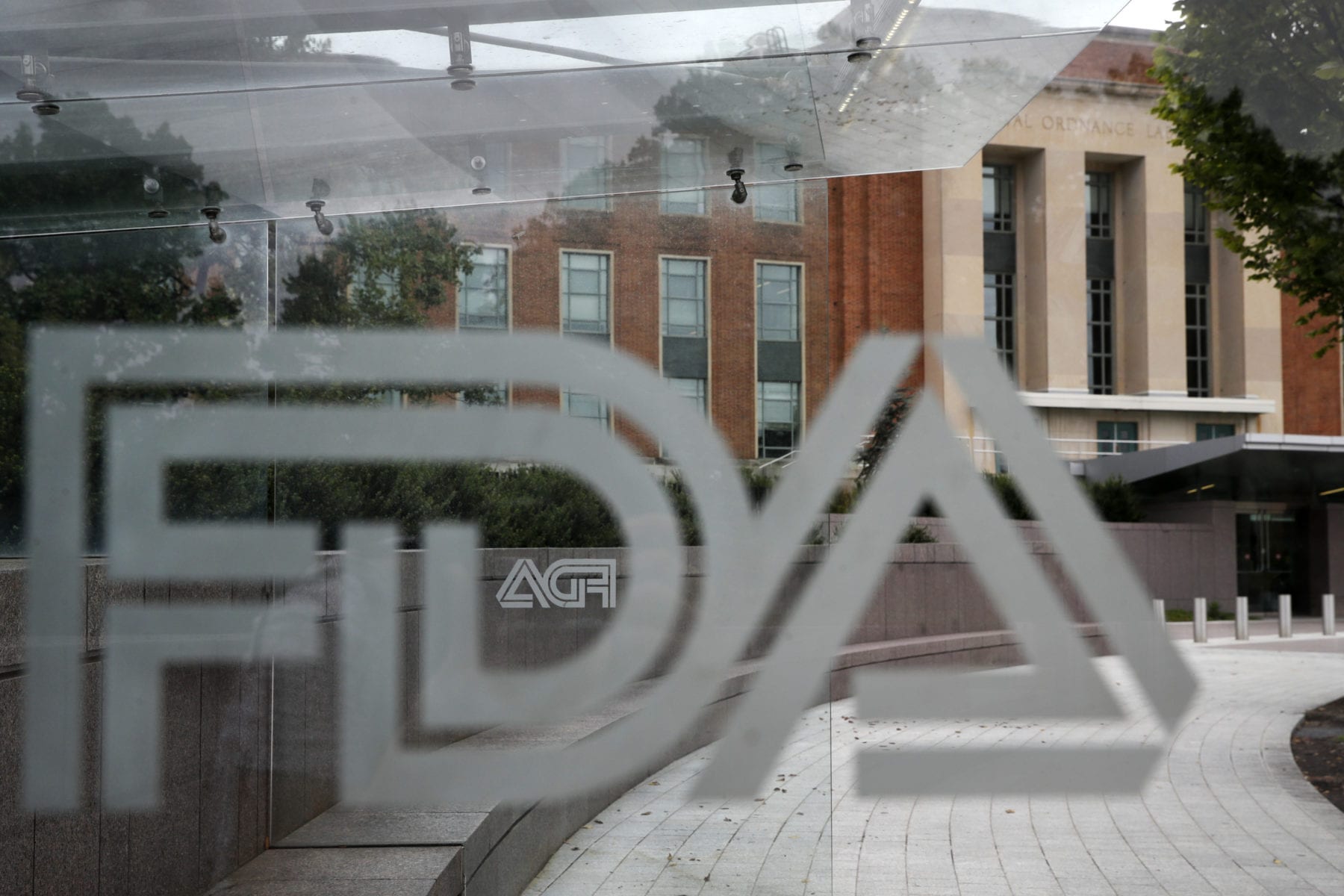The U.S. Food and Drug Administration on Saturday issued an Emergency Use Authorization for Regeneron Pharmaceuticals’ antibody cocktail REGEN-CoV2, the same experimental treatment that President Donald Trump was given after he was diagnosed with COVID-19 in October.
The cocktail, a combination of the two monoclonal antibodies casirivimab and imdevimab, is for treatment of high-risk patients with mild to moderate disease.
Preclinical studies had shown that the therapy reduced virus amounts and associated damage in the lungs of non-human primates. The company said trial data also shows that the drug reduces medical visits in patients with mild to moderate COVID-19.
Sent into the bloodstream, the drug, when successful, mimics an immune response to the infection.
The agency’s authorization “may help outpatients avoid hospitalization and alleviate the burden on our health care system,” FDA Commissioner Stephen M. Hahn said.
The FDA told the Wall Street Journal that its authorization was based on an 800-person study in which 3% of those taking Regeneron’s drug and who were at high risk of severe disease had to be hospitalized or visit emergency rooms, compared with 9% of patients who received a placebo.
At the time President Trump received REGEN-CoV2, he was one of 10 people given the drug outside of clinical trials, according to CBS News. Trump also received supplemental oxygen and the medications remdesivir and dexamethasone.
The FDA said coronavirus-related hospitalizations and emergency room visits were reduced in some patients within 28 days of treatment.
Regeneron officials told the Washington Post earlier this month that they expect to have enough of the antibody cocktail for 80,000 patients by the end of the month and enough for 300,000 patients by the end of January.
Dr. Leonard S. Schleifer, the Regeneron CEO, issued a statement warning of a high early demand for the cocktail, “making it even more critical that federal and state governments ensure REGEN-CoV2 is distributed fairly and equitably to the patients most in need.”


















Add comment